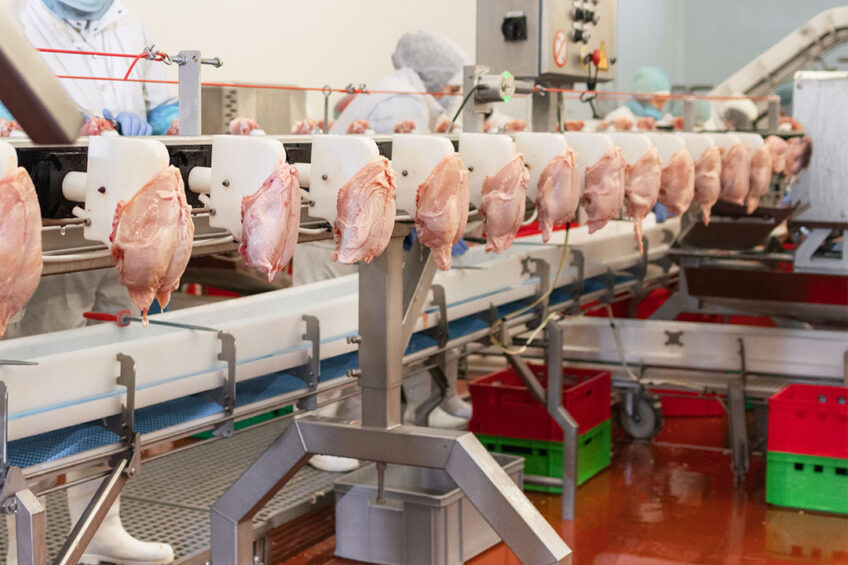Russia’s poultry prices remain high, bird flu tightens its grip

Russian broiler meat prices stay at the heights achieved after prices jumped 15-20% in May, which local analysts link with bird flu outbreaks in the country.
Since the beginning of 2023, Russian veterinary watchdog Rosselhoznadzor registered 45 outbreaks of highly pathogenic avian influenza, 7 of which were among farmed birds. This year, the virus was found in 24 Russian provinces, while in May, which was the worst month in terms of bird flu spread in the country this year, 14 provinces were hit.
On 20 May, an outbreak was reported at the Romanoskaya poultry farm in Yaroslavl oblast, forcing veterinary authorities to cull 800,000 broiler chickens.
Over the past 3 years, the Russian poultry industry suffered direct losses from bird flu close to 4.5 billion roubles (US$45 million), the Russian Agricultural Ministry recently estimated.
The dark cloud on the horizon
Russian poultry farmers have to bear rising costs to ensure veterinary safety and protect their production capacities against the disease, as the epidemic is expected only to gain momentum, the Russian branch of Forbes reported.
“Alas, we are not expecting the situation around avian influenza to be favourable this year. In Russia, it will be similar to what we saw in 2022 or even worse,” Sergey Yakovlev, senior veterinary expert of the Russian poultry farming union Rosptitsesouz, commented.
The World Organisation for Animal Health suggested all countries consider mass vaccination of broilers against bird flu. This issue has long been discussed in Russia, and a group of farmers even asked authorities to impose this measure to protect the industry. Other market participants, however, argued this could jeopardise Russian broiler meat exports.
Extra costs
To protect poultry farms, their owners adopt various measures. Some Russian companies started organising monthly shifts for workers, commented Sergei Lakhtyukhov, CEO of the Russian National Union of poultry producers.
“People are fed and provided with everything they need on the territory of enterprises to prevent the entry of contaminated particles, for example, after contact with poultry in their own yard or wild birds after trips to the forest for barbecues – it is much easier to do this if workers do not return to their home every day,” Lakhtyukhov said, adding that this entails a tangible increase in wages.
Some companies started using systems that scare birds away from their production assets, and Russian poultry farmers have been investing heavily in biological safety.
Extra costs associated with the spread of bird flu are the key reason for a hike in poultry prices on the Russian market, Lybov Savkina, general director of Emeat, a Moscow-based think tank, said. “In the end, the customer pays for everything,” she stated.












